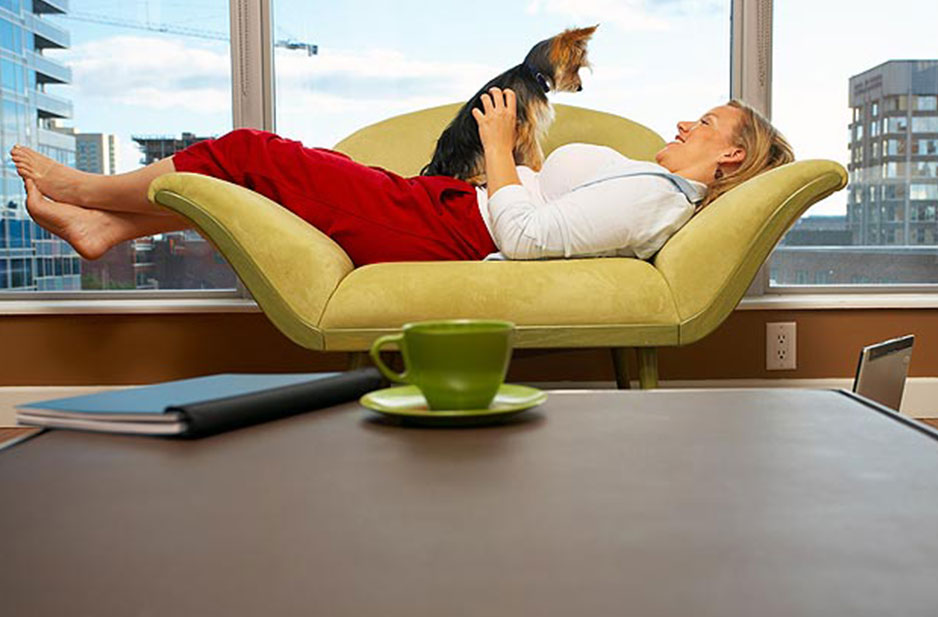Some 69 per cent of landlords surveyed by Spareroom state they insist on a ‘no-pet’ policy. Yet, 21 per cent of pet owners asked admit they breach the terms of their tenancy agreement by keeping animals in their homes without their landlords’ knowledge.
For the first time, efforts to encourage landlords to reconsider their stance on pets in their properties by the UK’s first pet think tank are anticipated to result in a default right for renters to keep pets.
Key reasons landlords are against allowing pets in their properties include smell (57 per cent) and potential damage to the property (55 per cent), while 37 per cent hold concerns that tenants will not properly train their pets. Despite landlords’ reservations, 88 per cent of residents state they have never met complaints about keeping domestic animals, nor have their pets caused any damage to houses they rent.
London’s best-known animal shelter, Battersea Dogs Home, has launched a campaign for a more consistent approach by the Capital’s social housing providers when it comes to pets, stating that 10 per cent of animals it takes in are due to landlords refusing to accommodate them.
While landlords and renters have opposing views, common ground needs to be found, as the ‘No Pets Rule’ is a key element to bear in mind when looking for new accommodation.
Sian Astley, builder, DIYer and property expert for the Homebuilding & Renovating Show, who has been a hands-on landlord of 17 rental properties for 15 years (and is a cat owner and lover!), shares her solutions below.
Introducing a pet policy within the rental agreement
A solution to encourage more landlords to accept pet-owners may lie in finding a balance between conflicting needs. Including a clause for pets within a tenancy agreement approved by housing regulatory bodies such as the NLA, MyDeposits or Spareroom, may help to inform tenants of their rights and responsibilities for any issues or damage to the property resulting from insufficient training or inadequate supervision of their pets. Where clear evidence exists of pet-inflicted damage or difficulties, this would quash attempts to evade their responsibilities by the tenants.
Responsible pet ownership
Responsibility from tenants in rented housing for the upkeep of their pets poses another solution. Tenants should use their own judgment about whether an animal is suitable for a rental home and should be prepared to rectify issues with their pets on their own initiative. Maintaining awareness of the condition of their animals to other residents may also help to ensure a pet-friendly environment.
Insuring against pet damage
Keeping insurance for both residents and homeowners can also offer an answer. Requiring potential tenants to purchase pet insurance before they inhabit a property warrants that landlords can effectively narrow down responsible pet owners and increases the likelihood of tenants taking greater care of a rental home. However, landlords incurring extra costs in the future as a result of today’s damage is unfair. Additionally, charging increased rent to pet-owning residents who are covered by insurance may be considered unreasonable and extortionate.
Zero-tolerance for unruly pets
Despite Labour’s recent proposals to give tenants in rented properties a ‘default right’ to owning pets, an agreement between landlords and tenants can be enforced which places restrictions on badly behaved pets. By including a clause within the tenancy agreement governing that where a domestic animal is disruptive to other residents, for example odours, excessive noise or aggression, the landlord can be authorised to prohibit the pet from occupying the premises.
To answer more questions on this topic, Sian Astley will be present at the National Homebuilding & Renovating Show, NEC Birmingham, from 28-31 March 2019.
















